away, completely: denigrate
narrative projects
14 Nov 2019 - 1 Feb 2020
A group exhibition of new commissions by Libita Clayton, Halima Haruna, Ashley Holmes and Ebun Sodipo

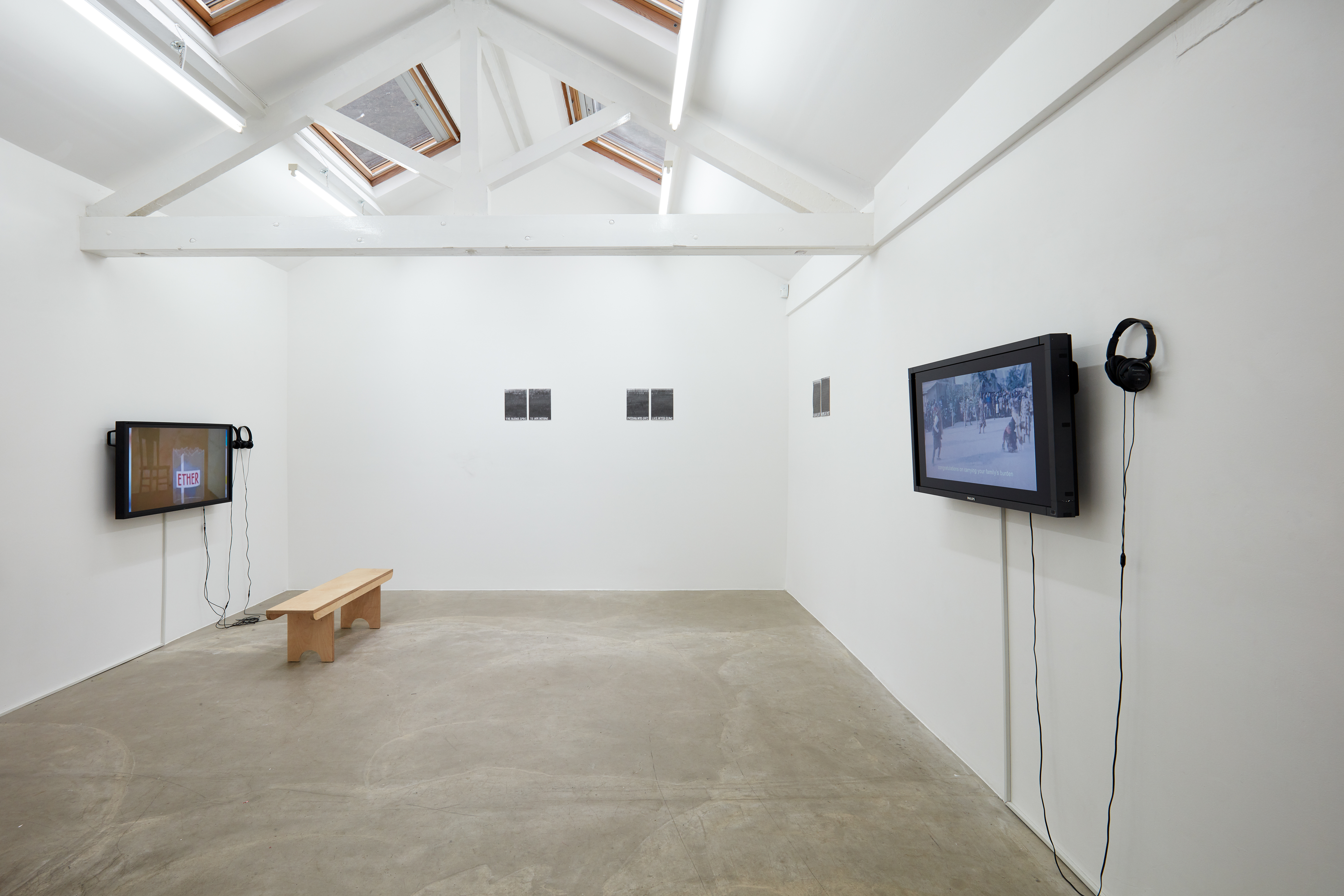
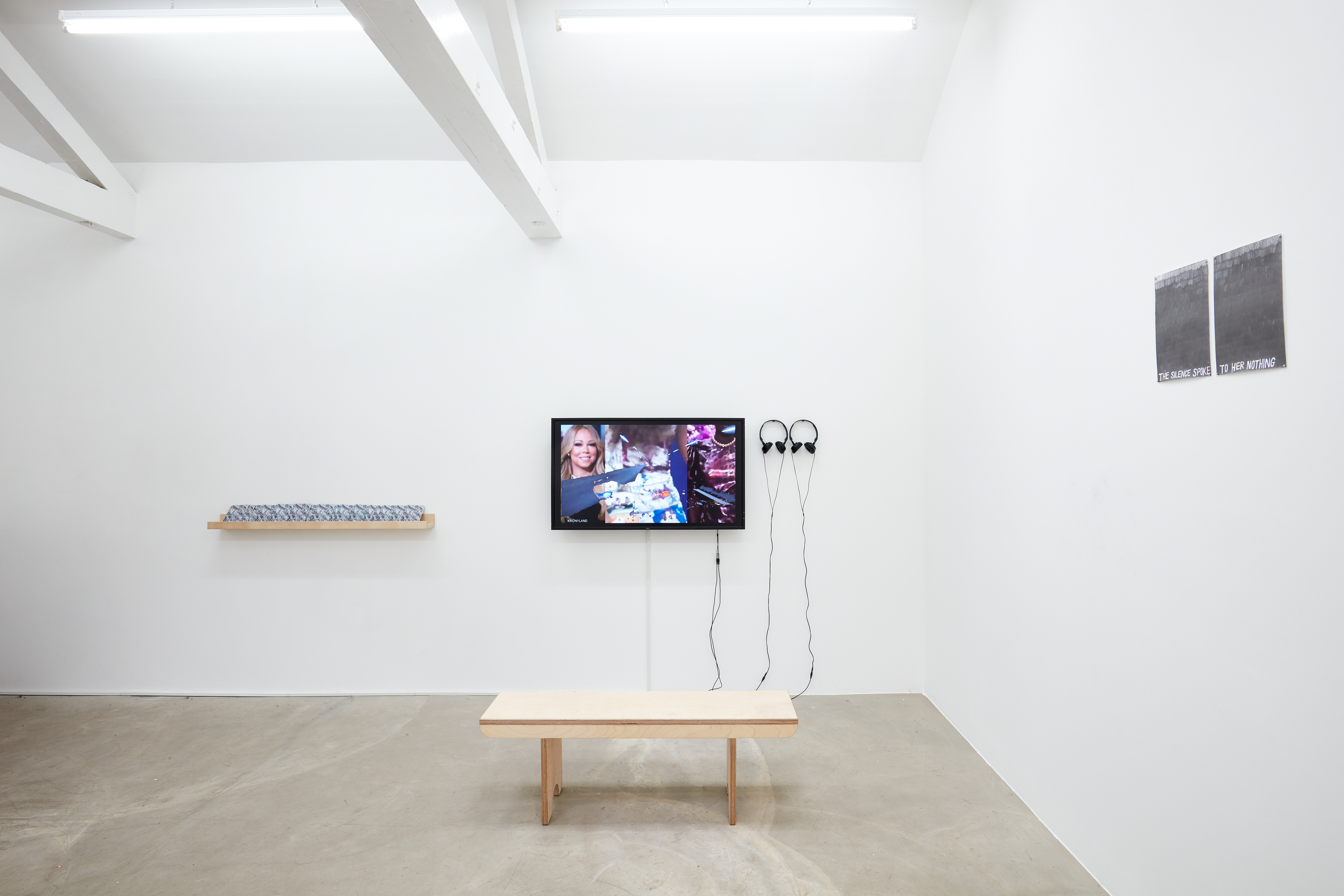
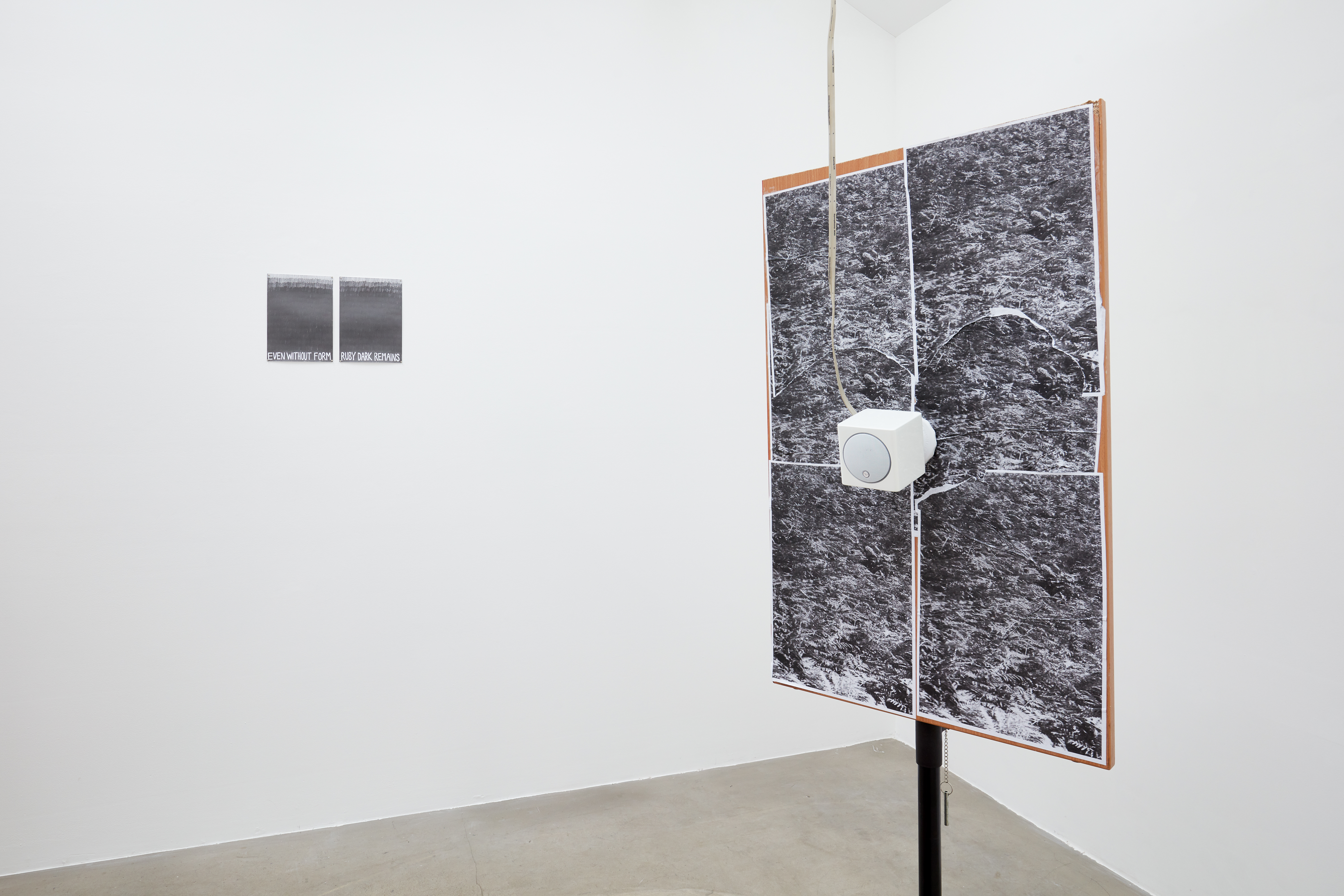
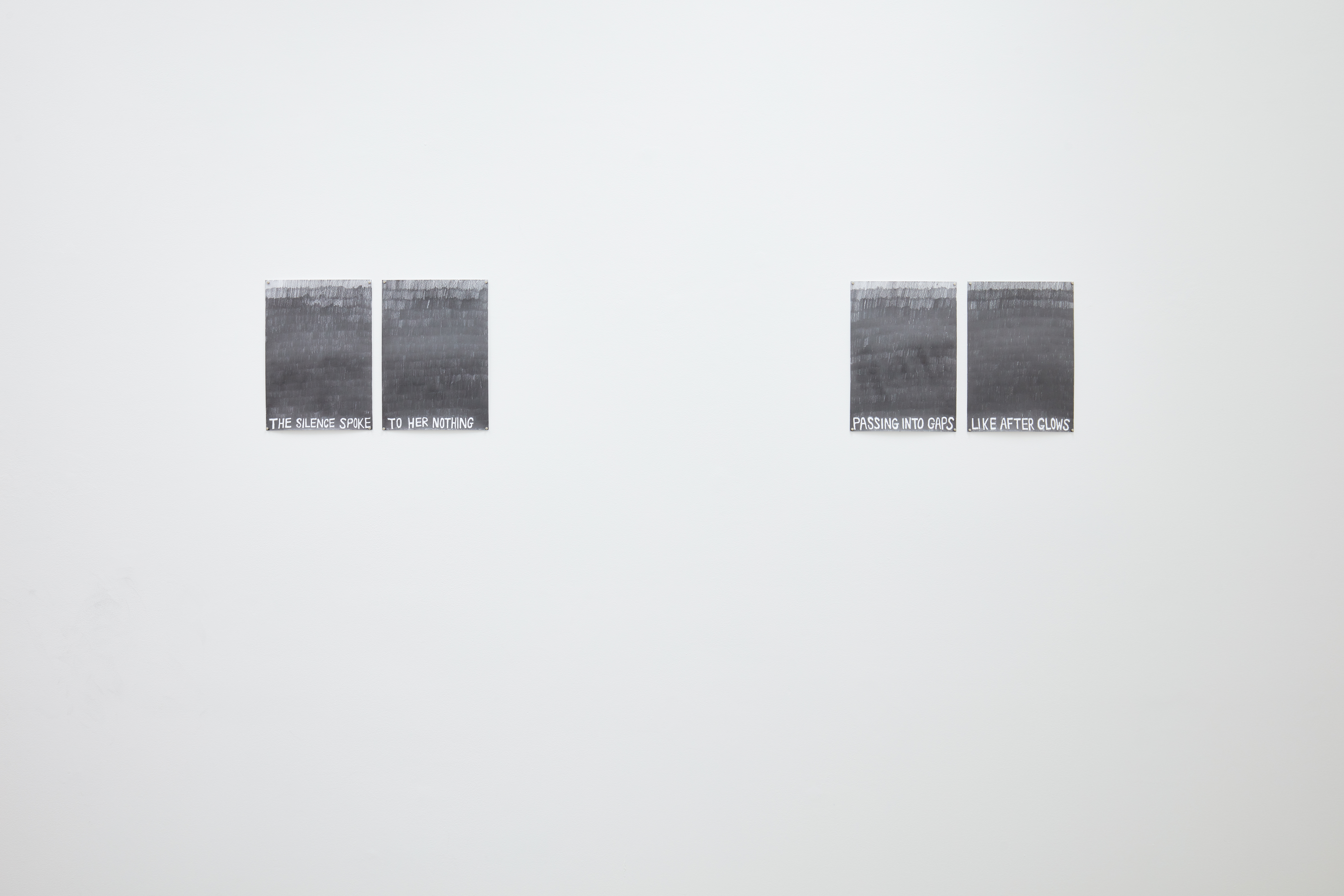
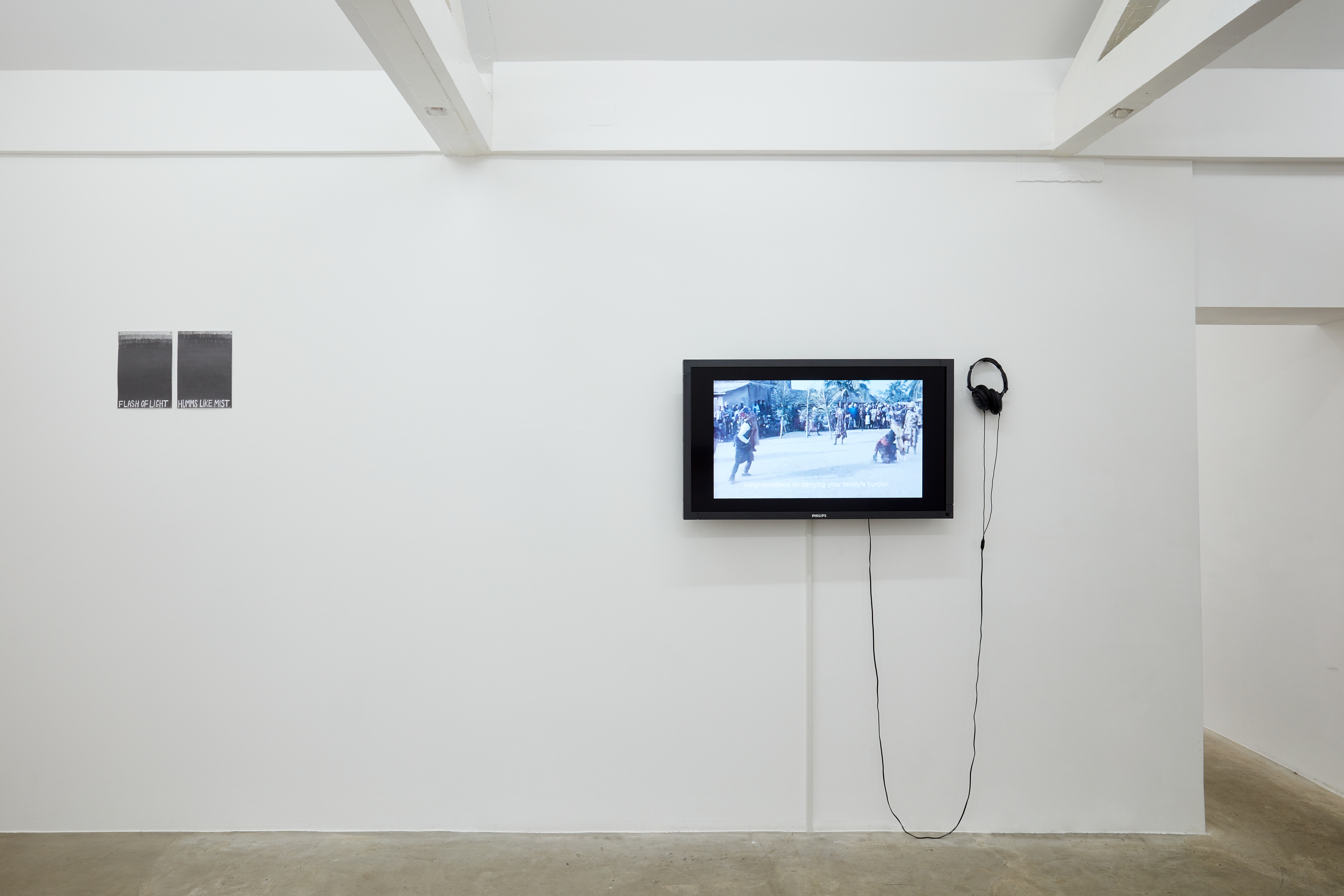

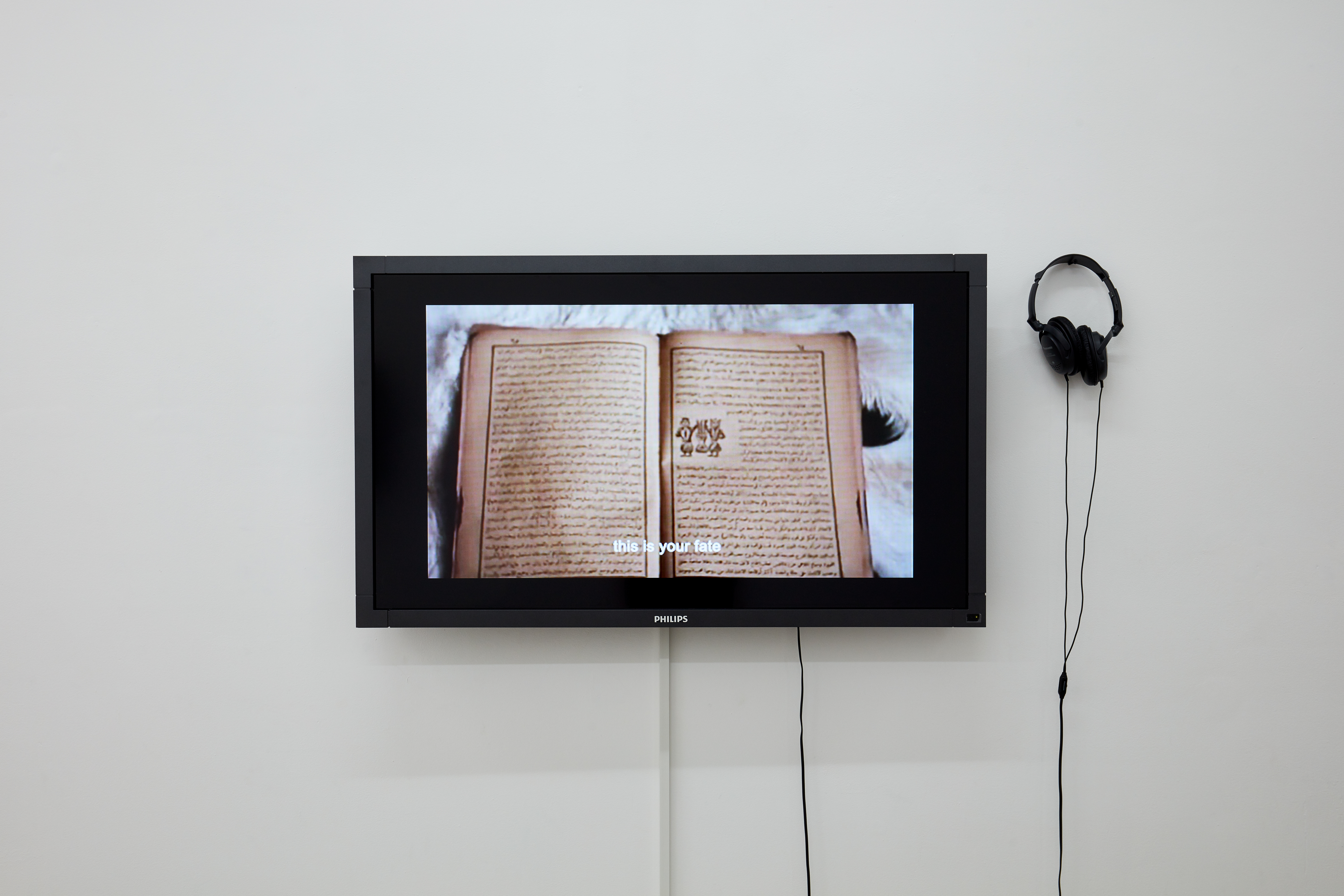

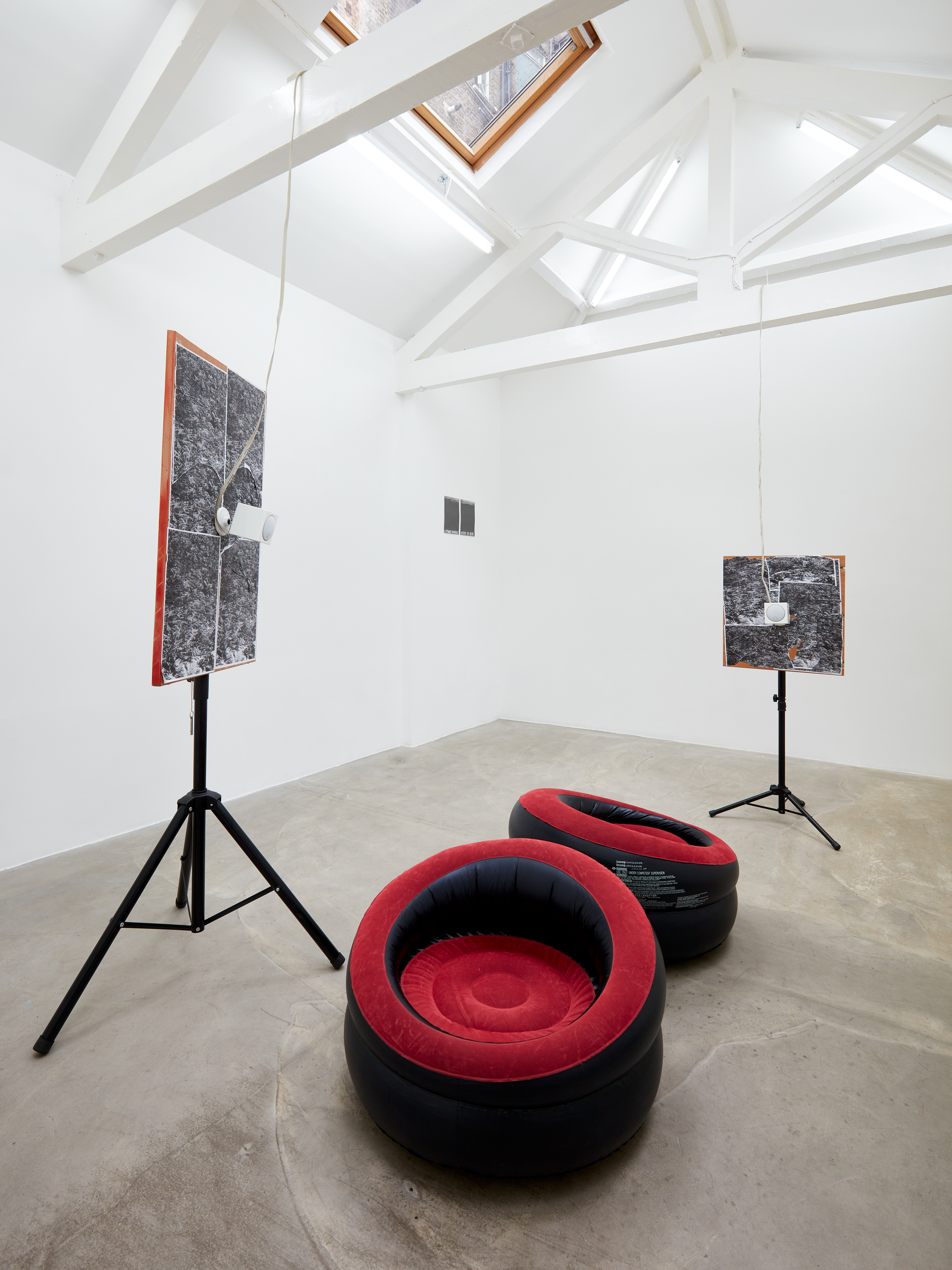
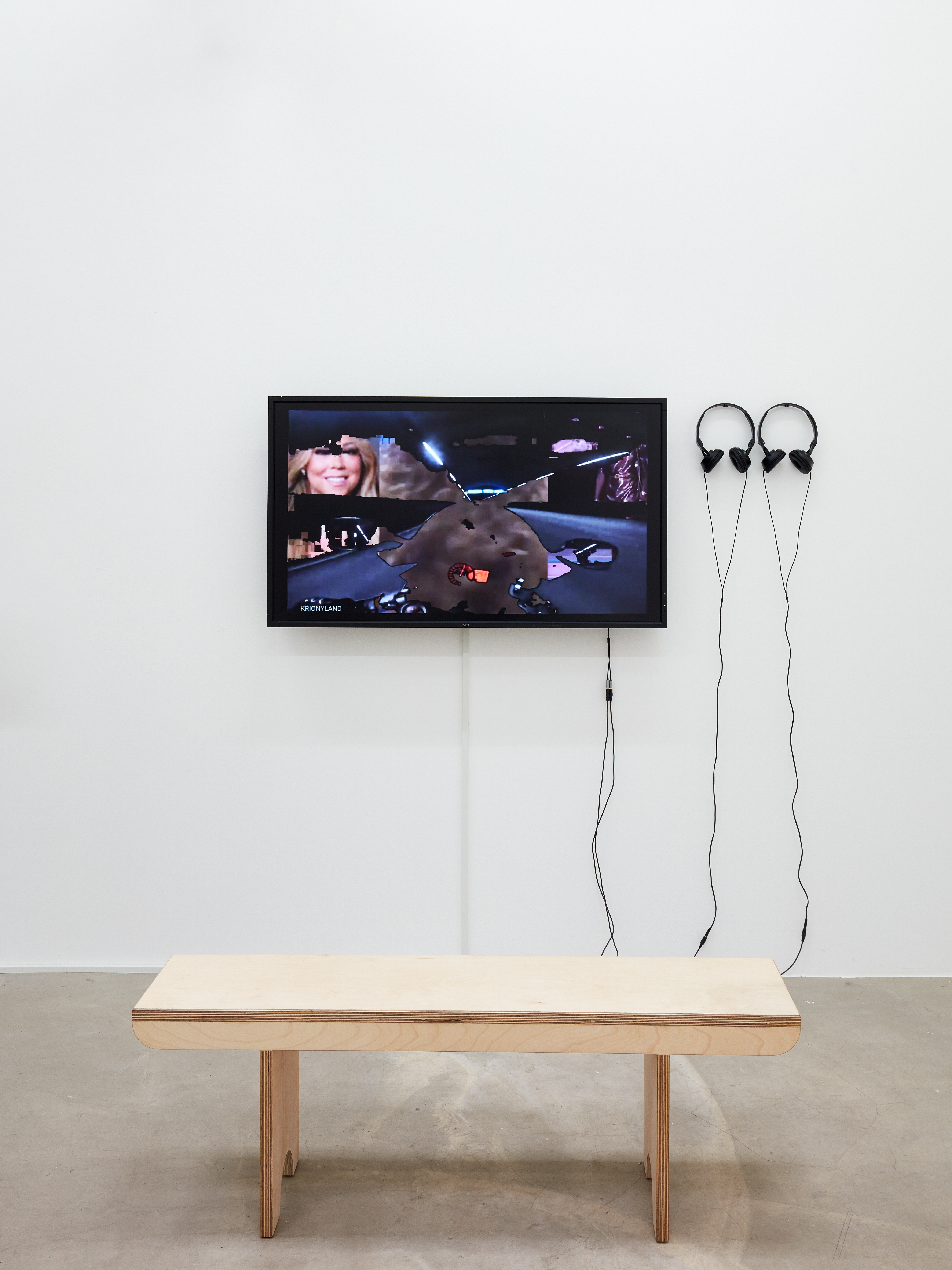
away, completely: denigrate:
Libita Sibungu (Cornwall/Bristol); Halima Haruna (Lagos/Boston/London); Ashley Holmes (Sheffield) and Ebun Sodipo (London)
“Did we surprise our teachers who had niggling doubts about the picayune brains of small black children who reminded them of clean pickaninnies on a box of laundry soap? How muddy is the Mississippi compared to the third-longest river of the darkest continent? In the land of the Ibo, the Hausa, and the Yoruba, what is the price per barrel of nigrescence? Though slaves, who were wealth, survived on niggardly provisions, should inheritors of wealth fault the poor enigma for lacking a dictionary? Does the mayor demand a recount of every bullet or does city hall simply neglect the black alderman's district? If I disagree with your beliefs, do you chalk it up to my negligible powers of discrimination, supposing I'm just trifling and not worth considering? Does my niggling concern with trivial matters negate my ability to negotiate in good faith? Though Maroons, who were unruly Africans, not loose horses or lazy sailors, were called renegades in Spanish, will I turn any blacker if I renege on this deal?”
- Harryette Mullen, Denigration, From Sleeping With The Dictionary (2002)
In popular lexicon, the English word to denigrate is used to describe the act of defaming, belittling, maligning, disparaging or slandering someone or something; specifically affecting the reputation or social standing of it. However, the etymological root of the word illuminates the anti-blackness that is inherent in the English language and it is as follows. -Niger- is Latin for ''black''; denigrationem is Late Latin for ''a blackening.'' The Late Latin de- does not mean ''the opposite or reverse of,'' as de- so often does; in this case, as in denude and declaim, it means ''away, completely''; and so, the etymological root of the word denigrate is ''to blacken completely.''
Afro-pessimist theorist Frank B Wilderson III employs a linguistic analogy to describe that which is unspoken as it relates to suffering and anti-blackness, referring to these fundamental yet un(der)articulated concepts upon which the world as we know it is built as “ontological grammars”. Grammar is that which goes unspoken when we speak, underwriting and structuring speech itself. Poet Harryette Mullen’s poem Denigration attempts to speak the ontological grammar which structures language. She takes this linguistic exploration further than the simple and limited black/white good/bad dichotomy to analyse a number of commonly used English words which have this, seemingly hidden, anti-black sentiment whilst also interrogating the complex corporeal effects of this psycholinguistic association. Her work explores how language reinscribes blackness with inferiority, not as a negative stereotype but as an ongoing act of psychological anti-black violence which has placed the black in a “zone of nonbeing”, or as Wilderson calls it, social death.
Exhibition supported using public funding by Arts Council England and in kind support from narrative projects and Raven Row. Install and technical support from Joseph Bond Studio.
More information on the works and artists.
An Afternoon of Listening & Discussion
Raven Row, 25th Jan 2020

Join Languid Hands and the artists exhibiting in away, completely: denigrate on Saturday 25 January for an afternoon of listening and discussion at Raven Row.
The afternoon will begin with a reading by Ebun Sodipo, whose video work although it may seem absurd, the earth also moves, and accompanying publication explores " affect,feeling, being that exceeds language". This will be followed by an intimate conversation between Ebun and Halima Haruna, whose video work To Divine focuses on divination, language and mourning for deaths outside the screen. They will be discussing the convergences and divergences in their relative practices, experiences of Yoruba-ness, loss of history, haunting, affect and finding yourself in theory. Linking to Space for Listening: The Likeness, his sound installation in the exhibition that investigates the culture of bootlegging and cover versions within Black musical traditions, Ashley Holmes' ongoing project Open Deck will take up the final two hours of the afternoon. Open Deck invites you to bring music (vinyl records or digital files on a USB) and contribute to a space of collective listening and sharing of stories, memories and perspectives. Open Deck is a series of gatherings that explore relationships to music, sound recordings and aural histories.
Free to attend please RSVP to languidhands@gmail.com
Please note this event will take place at:
Raven Row
56 Artillery Lane
Spitalfields, E1 7LS
The exhibition away, completely: denigrate will still be open at narrative projects in Fitzrovia.
